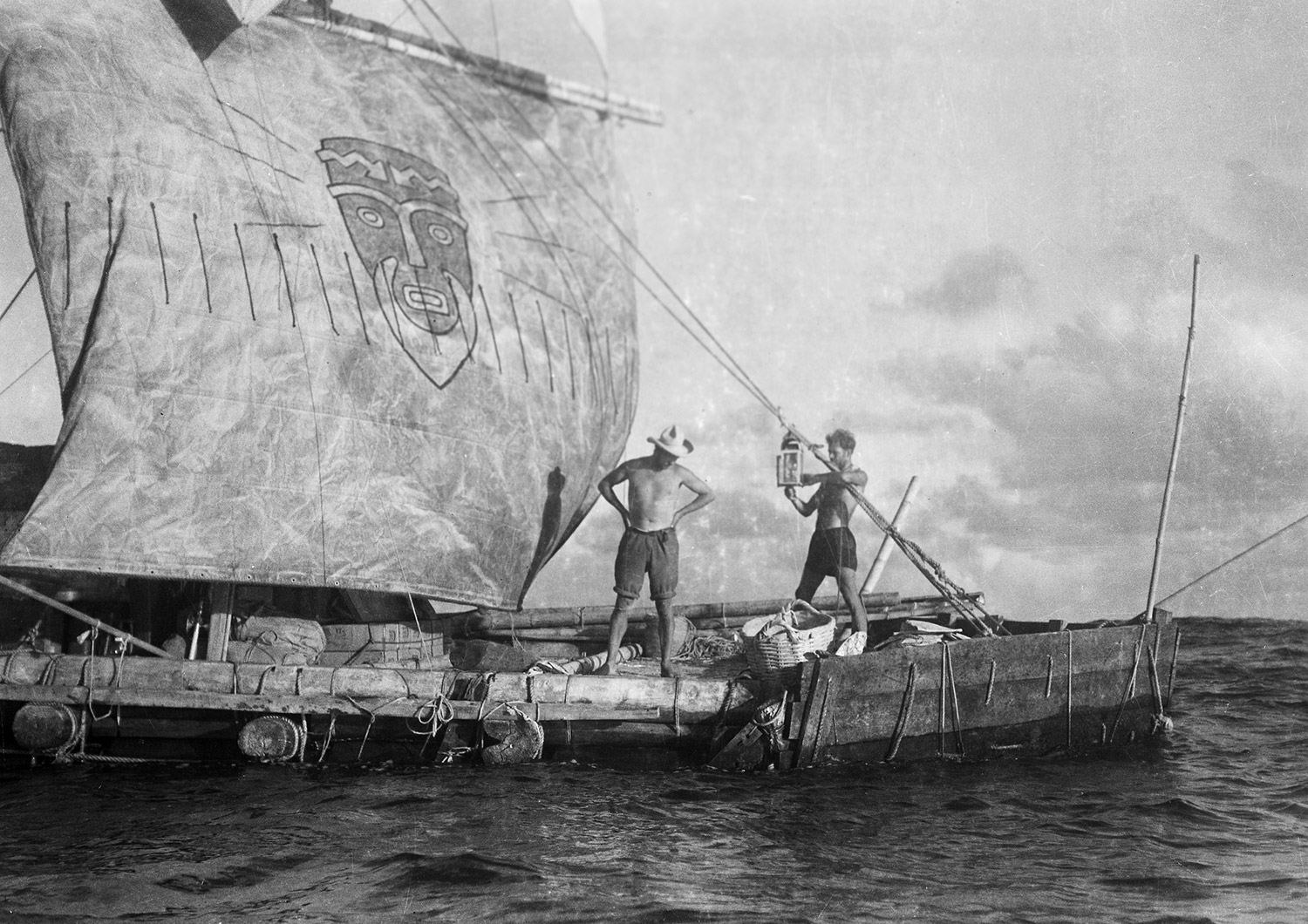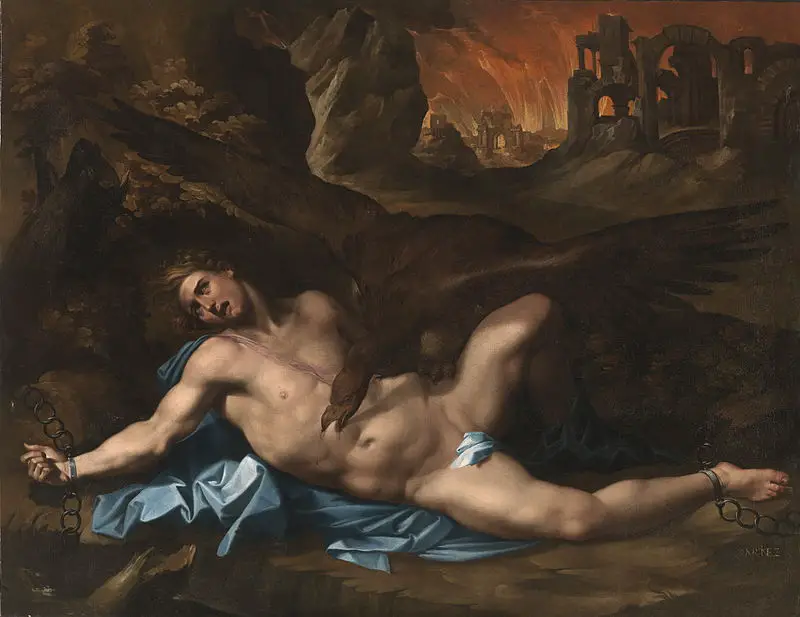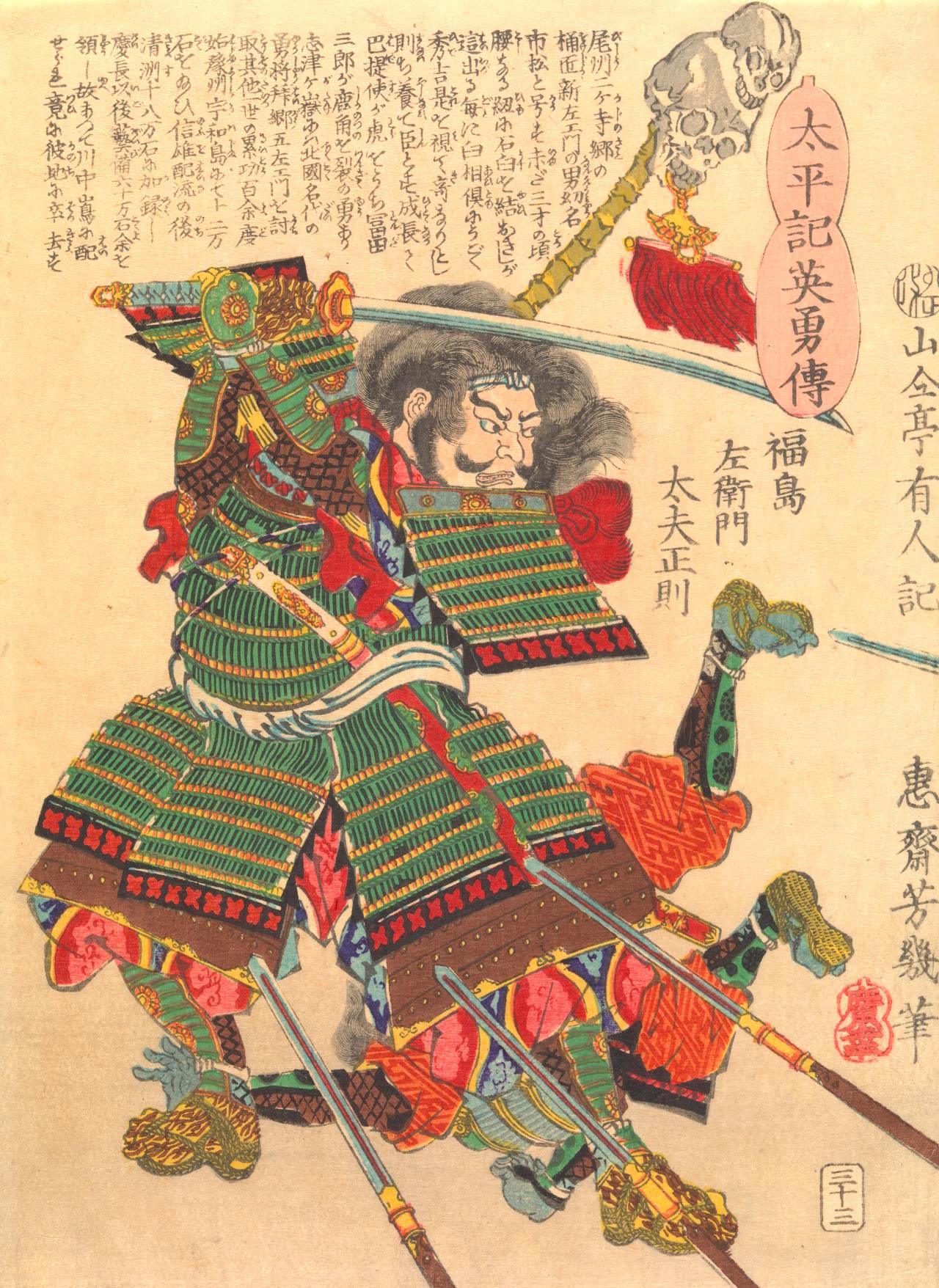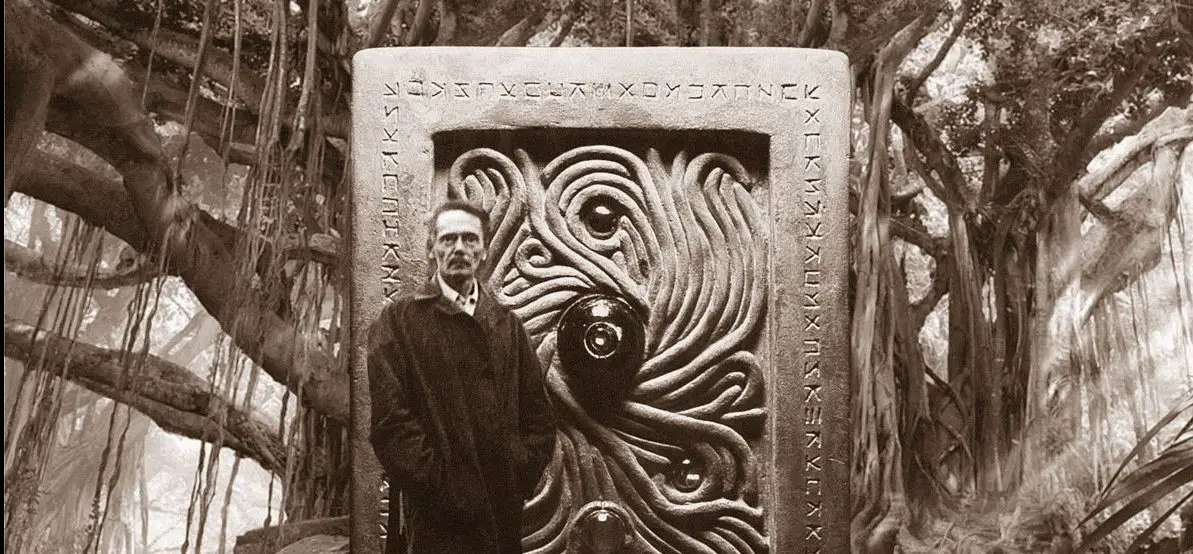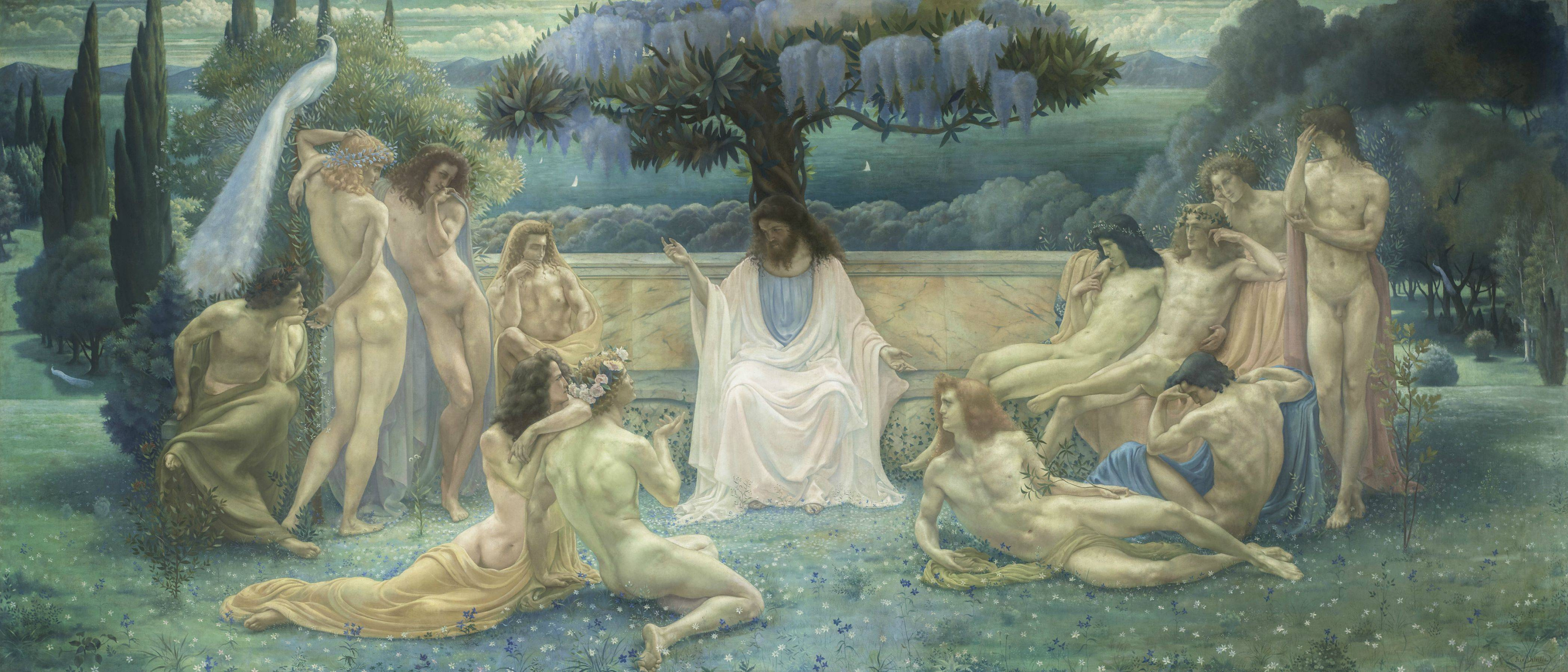Author: Samuel Baricchi
Passionate about fantasy novels and stringed instruments from a very young age, I continue to follow the waves of a changing reality, and to cultivate passions and studies for history, philosophy, mythology, ancient theater, and epic fantasy literature. Writer of short stories, poems and fragments of writing of various types, from the form of haiku to the sword and sorcery story, from the introspective rather than adventure and action, or in a "stream of consciousness" or completely experimental style. He starts collaborating with Italian Sword & Sorcery and the Hyperborea newspaper in the winter between 2019 and 2020 with a short essay on FW Nietzsche and Robert E. Howard, focusing on the figure of the Dionysian man and on the contrast between Dionysus and Apollo in "La Birth of the Tragedy ", the work of the German philosopher. Composer of songs for pleasure and performer with classical guitar, electric guitar, bass guitar, and synthesizers. In love with everything that represents the roots and the "volk", the most intimate spirit of a people, my research interests range from the West to the Far East, in order to establish an interdisciplinary path between historiographical and philosophical criticism, applying it to the literature of the fantastic, especially the fantasy that draws inspiration from epic and mythology, from the great Mediterranean Homeric sagas, to Siegfried, the Tuatha de Danann, to medieval and Shinto Japan, to the Novel of the Three Kingdoms by Luo Guanzhong, or to the great European medieval sagas and the literature of the "Quête". I attended the A. Doria Classical Lyceum in Novi Ligure and the Faculty of Literature and Philosophy at the University of Genoa.
The Bringer of Fire: Prometheus and the sense of the tragic in ancient Greece
On the one hand the fire represents the Logos, but on the other Prometheus embodies the wild nature of ancient cosmology, as opposed to the rationalization implemented by the society of the polis on the world outside the Hellenic civilization considered "barbaric" and irrational. The very sense of the tragic is based exactly on the sphere of non-rationality, on the mythical representation of the unconscious shadows of the Greek population of the polis and of man himself.
Bushido: the samurai code according to Yamamoto Tsunetomo's Hagakure
For several centuries the Japanese samurai caste has passed down a set of ethical standards and military which, although they seem to date back to 660 BC, were put in writing in the form of a code only between the fifteenth and sixteenth centuries by Tsuramoto Tashiro, who wrote the Hakagure according to the precepts that were taught to him by the warrior monk Yamamoto Tsunetomo.
The Geist, the Mana and the "magic naturalis" in Clark Ashton Smith's sword & sorcery
Zothique is a non-place, albeit very concrete and real: Clark Ashton Smith imagines a world in which our current technology does not exist, and men live immersed in concrete elemental forces and invisible powers, but which act on what is earthly.
The Mythos and the Logos: Greek wisdom in the Platonic myths
Knowing oneself and the world of ideas through myth, or, in other words, reaching the Logos through Mythos: this is the main idea that supports Greek wisdom, as Plato has divinely illustrated in his works. The myth of the cave, the myth of Er, that of the charioteer and of Eros show us that in what we call "reality" nothing is certain, everything is in constant motion: the truth lies outside the fire, beyond out of the cave and of the mind itself, therefore in the world of ideas, which Plato calls "hyperuranium"; that is, "beyond the sky".

